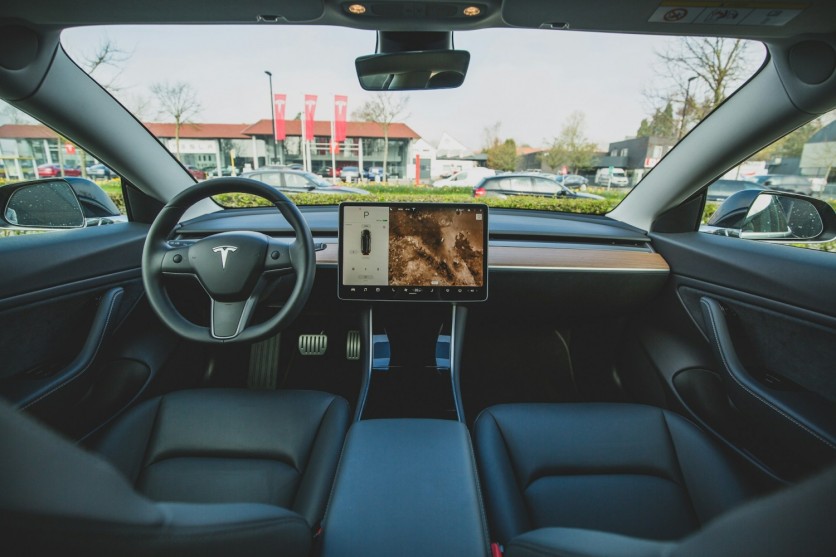Tesla's "Full Self-Driving" or FSD as it is called is due to arrive in other markets next year according to the company.
The automaker's CEO Elon Musk has stated that the paid service will be launched in China and the EU region in the first quarter of 2025.
Specifically, in the latest conference held over X, the tech billionaire argued that there is a market for such products. But before it is released in both regions, it has to undergo the approval of the authorities governing the sector.
Tesla's FSD to Expand in Two More Markets

Tesla's FSD was announced to be coming out in its glory in China and Europe within a few months. Well, this will not be very possible given the standards set down by the two regions on policies. Because of this, Musk requires permission from them that is regulatory, per CNBC.
Due to popular demand, Tesla AI team release roadmap:
— Tesla AI (@Tesla_AI) September 5, 2024
September 2024
- v12.5.2 with ~3x improved miles between necessary interventions
- v12.5.2 on AI3 computer (unified models for AI3 and AI4)
- Actually Smart Summon
- Cybertruck Autopark 📐
- Eye-tracking with sunglasses 🕶️
-…
Speaking of which, the tycoon said he is optimistic that this will work, claiming that the company might receive approval by late 2024.
FSD is a premium feature available to Tesla customers. It aims to enhance vehicle autonomy, but it's important to note that it doesn't make cars fully self-driving. Drivers must remain attentive and ready to take control at any time.
FSD: Tesla's Key to AI-Centric Strategy
Full Self-Driving has been a cornerstone of Elon Musk's long-term strategy to transform Tesla into an AI-driven company.
With AI technology on the pedestal right now, Tesla is doing everything possible to push the self-driving functionalities to its limit. Regarding FSD upgrade, we always see the word Autopilot system, which only gets better each time FSD receives an update.
The Full Self-Driving system in China has been available for years, but a catch-it is only launched as a limited version. It's important to note that many local customers are growing interested in the product.
The company's goal is to move beyond driver assistance toward fully autonomous vehicles, but there are still technical and regulatory hurdles to overcome before this vision can be realized.
Regulatory Challenges and Delayed Promises
Regarding fully autonomous cars, Musk previously claimed that Tesla's ability would revolutionize how we drive EVs.
The richest man in the world repeatedly told investors that Tesla would soon provide technology that allows cars to drive themselves without any human involvement. However, despite several advancements, car makers have faced numerous setbacks. It's still plagued with tech limitations which further delay the deployment of the autonomous technology.
In its current form, Full Self-Driving is an advanced version of Tesla's Autopilot, which aids drivers in navigating highways, changing lanes, and parking. However, it still has not achieved the full autonomy Musk initially promised.
The Road Ahead for Tesla's Self-Driving Technology
Tesla is keenly aware of the need to secure regulatory approval. Different regions have varying regulatory scrutiny regarding autonomous driving technology, so Tesla must meet stringent safety standards before the FSD system can be widely available.
The ambitious expansion of FSD could go a long way if Tesla immediately receives the clearance it badly needs. 2025 is only a few months from now, and this could be the best year for the EV maker if it succeeds in bringing the technology to Europe and China.
A few weeks ago, Tesla deleted its blog post claiming that all Tesla cars have FSD hardware, according to Electrek. The now-removed post can still be found on archive.org if you want to view it.
Read Also : Tesla Reduces Full Self-Driving Software Price, Offering Upgrade Option for Enhanced Autopilot Owners

ⓒ 2025 TECHTIMES.com All rights reserved. Do not reproduce without permission.




